Plastic waste, being persistent and difficult to biodegrade, poses a significant threat to eco-systems, wildlife, and human health. The interaction between microorganisms and plastic, as well as research on biodegradation processes, is indeed an important area of study. The discovery of microorganisms that can break down plastic has shown promise in addressing plastic pollution. Some microorganisms have the ability to secrete enzymes that can degrade certain types of plastics, while others can utilize plastic as a carbon source for growth.
These findings have opened up possibilities for potential biotechnological solutions to tackle plastic waste. However, there is no one-size-fits-all solution for plastic pollution due to the vast diversity of plastic types and their chemical properties. Some plastics are more easily degradable than others, and finding efficient methods to address different types of plastic waste remains a challenge. Integration of physical, chemical, and biological methods, along with suitable waste segregation practices, is necessary for effective plastic waste management. This approach can include recycling, waste-to-energy technologies, and promoting the use of biodegradable alternatives to plastic. Popular traditional methods like landfilling and incineration are not sustainable in the long run and can have adverse effects on the environment and nearby communities. Landfills can contaminate soil and water, and incineration can release harmful pollutants into the air. Individual action is crucial in combating plastic pollution. While it is a global problem, the collective efforts of individuals can make a significant difference.
By reducing plastic consumption, recycling, properly disposing of plastic waste, and supporting policies that promote sustainability, individuals can contribute to a cleaner and healthier environment. Education and awareness play vital roles in encouraging individual action. Governments, organizations, and communities should work together to raise awareness about the impact of plastic pollution and promote responsible plastic use and disposal practices.
Ultimately, addressing plastic pollution requires a multifaceted approach, involving individuals, businesses, governments, and scientific research. By taking collective responsibility and making changes at both individual and systemic levels, we can work towards mitigating the threat of plastic pollution and preserving the planet for future generations.
Ref (1). https://www.unep.org/plastic-pollution
By: Moe Thazin Shwe, SOLEN Research Associate – IPC panel member
Edited by: Hendra WINASTU, SOLEN Principal Associate – IPC panel coordinator
Date: 25 July 2023
Article#: SOLEN-IPC-0022

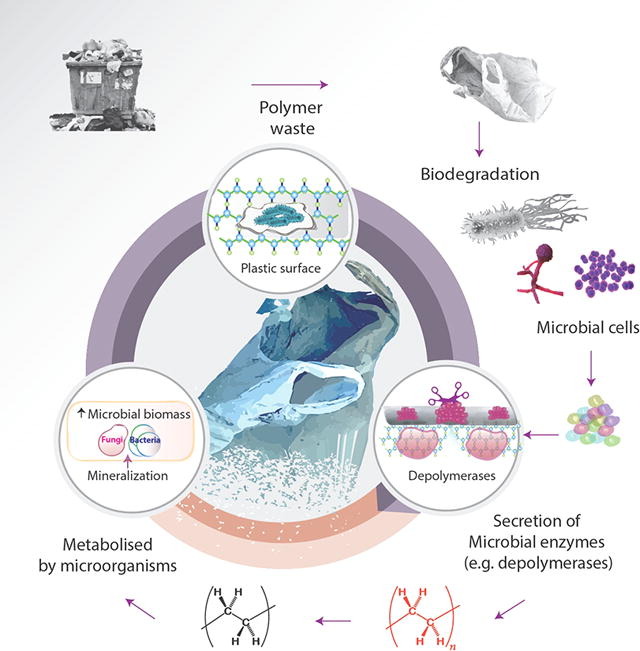



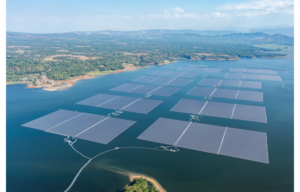
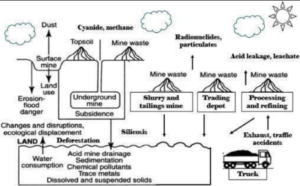
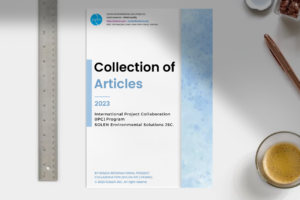

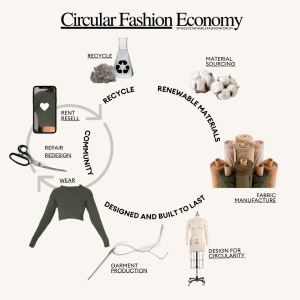

 Tiếng Việt
Tiếng Việt 日本語
日本語